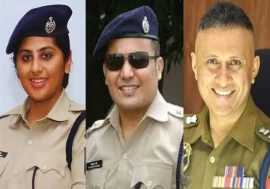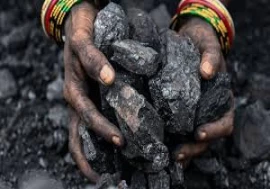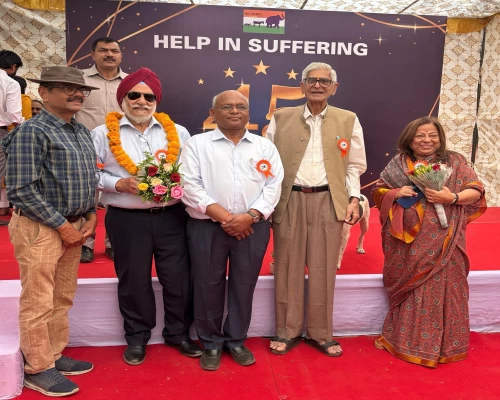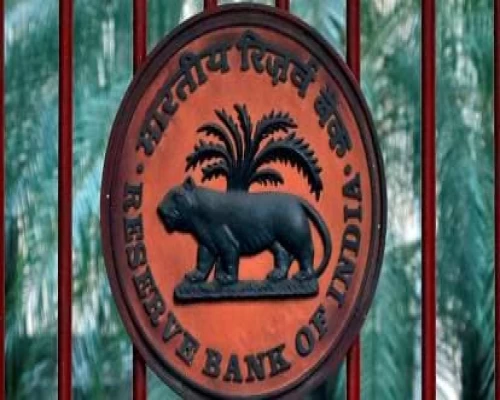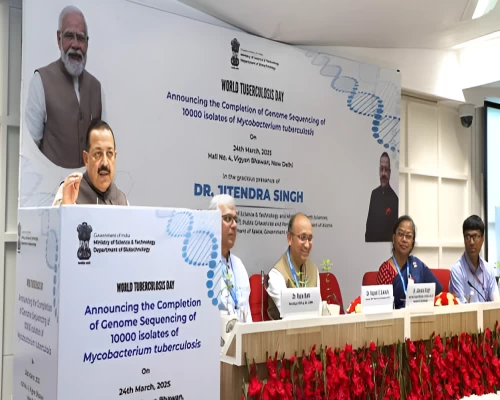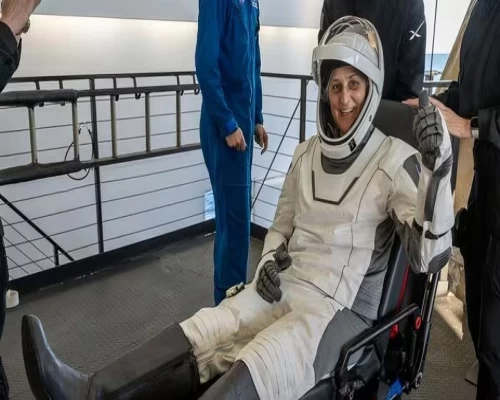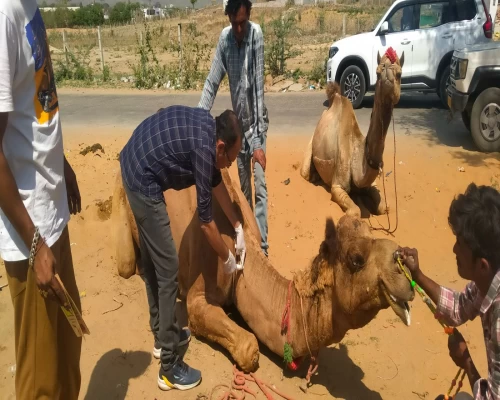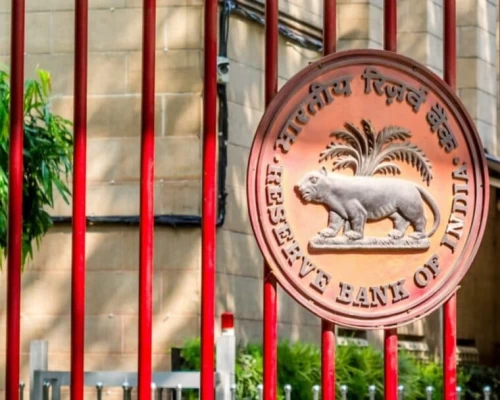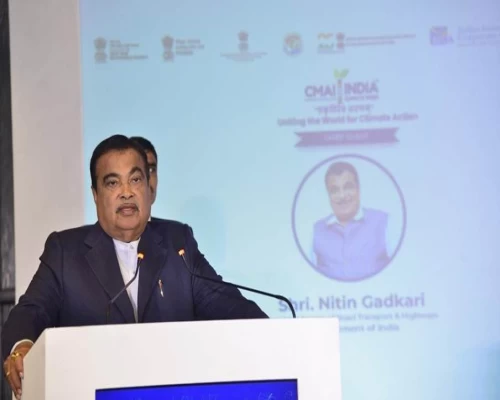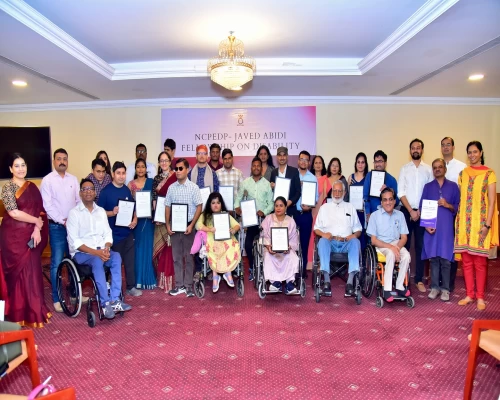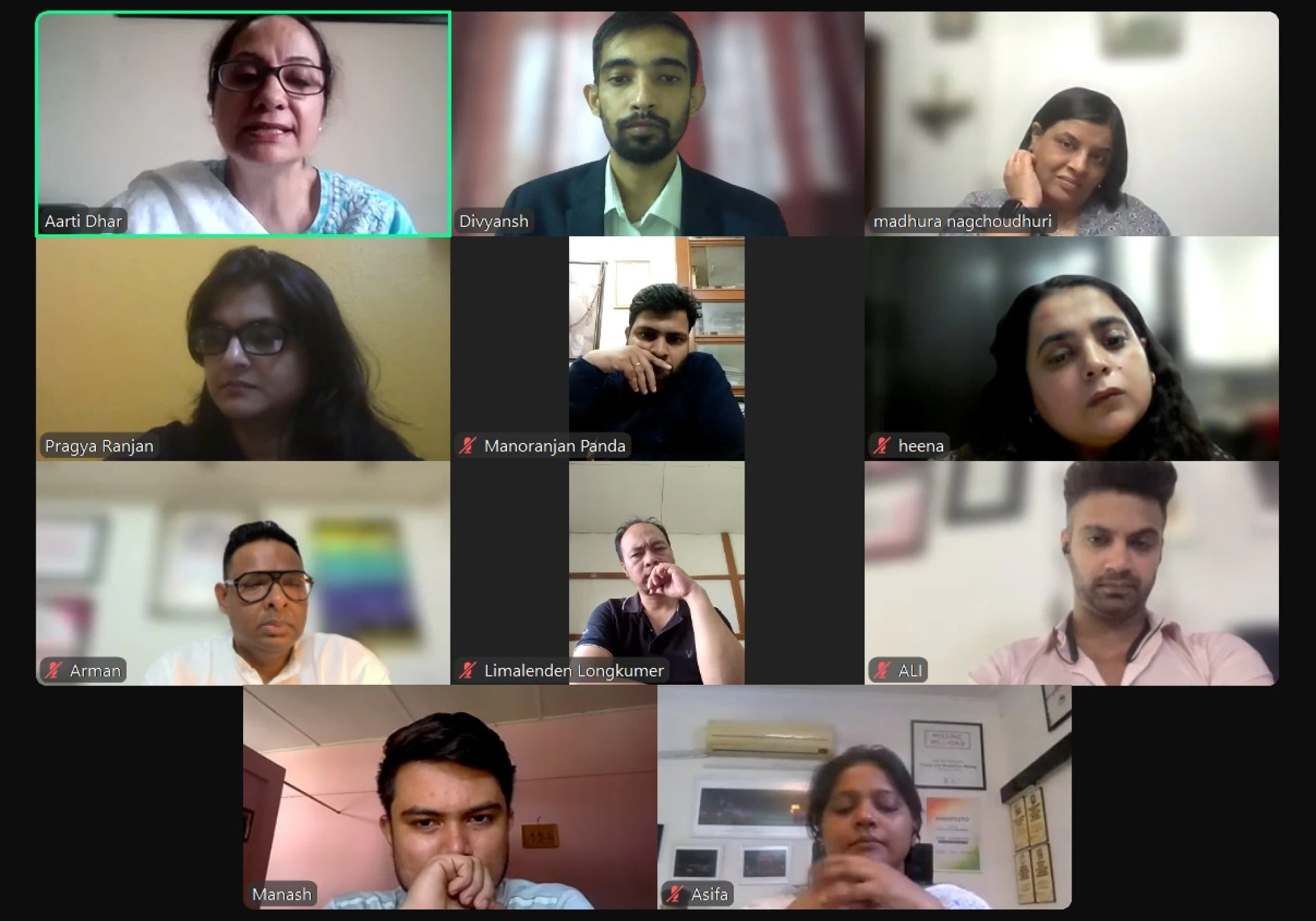
New Delhi: Disability experts called on media professionals to amplify their efforts in highlighting the rights and issues of persons with disabilities, emphasising their critical role in raising awareness and educating society.
Experts were speaking at a national webinar cum media workshop, recently organised by National Centre for Promotion of Employment for Disabled People (NCPEDP) ahead of the 25th edition of the prestigious Helen Keller Awards. The webinar aimed to encourage media persons to drive disability-inclusive journalism, recognising the critical role the media plays in shaping public perception and advocating for equal employment opportunities.
The session, attended by Executive Director of NCPEDP, Arman Ali; Former Senior Journalist, Media Educator, and Communication Expert; Aarti Dhar; and Dr. Madhura Nagchoudhuri, Assistant Professor at TISS, as the panel members, explored the media's responsibility in challenging stigmas and reporting on the diverse issues faced by an estimated 20 crore disabled people in India, with a special focus on the introduction of the Role Model Media Award for Disability-Inclusive Journalism.
Arman Ali, Executive Director, NCPEDP, emphasised the need for inclusive reporting, stating, “The media has been a strong ally in the disability movement and continues to report the government's initiatives. However, it is crucial for the media to not only report but ask questions. Disability should be part of the entire developmental narrative.”
Aarti Dhar, highlighting the impact of stigma, shared, “We don't even realise that discrimination has been ingrained in our language. To bring about societal change, we must first change ourselves. Sensitisation at the grassroots and state level is essential to break these barriers.”
Dr. Madhura Nagchoudhuri urged media to lead the conversation on disability, noting, “Media as a community has the power to reshape perceptions. It’s important to start a conversation on both the challenges faced by PwDs and their accomplishments. This can serve as an eye-opener for many and inspire inclusive thinking.”
The media persons in attendance, hailing from the different states of India like Assam, Hyderabad, Madhya Pradesh, Uttar Pradesh, and Delhi, engaged in an interactive session with the experts, delving into key topics such as employment barriers, social stigmas, and the importance of portraying disability as a mainstream issue. The discussion further underlined the significance of disability-inclusive journalism in not just amplifying voices but also in holding stakeholders accountable.
NCPEDP Helen Keller Awards, celebrating its 25th year, have become a symbol of advocacy for the economic inclusion of persons with disabilities in India. Since its inception in 1999, the Awards have honored more than 300 individuals and organisations.
This year, in commemoration of the 25th anniversary, two new award categories have been introduced: The Role Model Media Award for Disability-Inclusive Journalism and the NCPEDP Helen Keller Lifetime Achievement Award. Nominations for all categories are open until September 20, 2024.
For more details and nomination forms, visit https://ncpedp.org/helen-keller-awards/. /BI


